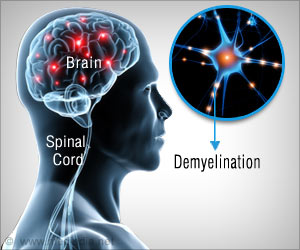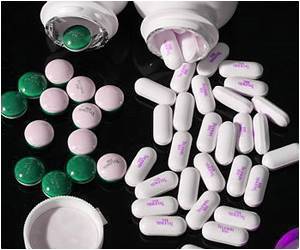A regulatory system in the ulcer - and stomach cancer-causing bacteria, Helicobacter pylori, that can become resistant to antibiotics, has been discovered.

‘A regulatory system in the ulcer - and stomach cancer-causing bacteria, Helicobacter pylori, that can become resistant to antibiotics, has been discovered.’





"This is the first paper to describe regulation of biofilm formation by H. pylori," according to D. Scott Merrell, professor of Microbiology and Immunology at USU. The team of researchers, which includes Stephanie Servetas, a graduate student in Merrell's lab, began their study in hopes of better understanding how H. pylori adapts to stresses it may encounter within the human body, such as changing levels of acidity - a particular stressor for this stomach-dwelling microbe, Merrell explained.
The researchers created a series of H. pylori strains, containing combinations of mutations in three known important regulatory systems, which they believed would be involved in adapting to stressors. One in particular was the ArsRS system, which has been known to sense and adapt to acid stress.
The investigators were surprised to find the strains that lacked the ArsRS system formed a thick biofilm - like ring, and formed clumps of cells. Subsequently, the researchers found that the biofilm was forming more quickly and to a greater degree in the strains that lacked ArsRS, as compared to non-mutated strains. This appears to be a result of changes in the expression of the genes that affect surface adherence and bacteria aggregation, according to Merrell. They now believe this system, ArsRS, uses pH sensing as a way to tell the bacteria when they have reached the stomach surface. There, the bacteria would need to turn on genes that allow them to adhere to the host cell surface and potentially form biofilms, Merrell said.
The investigators did not set out to study biofilm formation, he noted, but the results were so striking that they originally thought that their cultures might have been contaminated with another bacteria. After following up on this observation, they came to a previously unknown role for an important and well-studied regulatory system. The discovery was made by Servetas.
Advertisement
Source-Newswise












